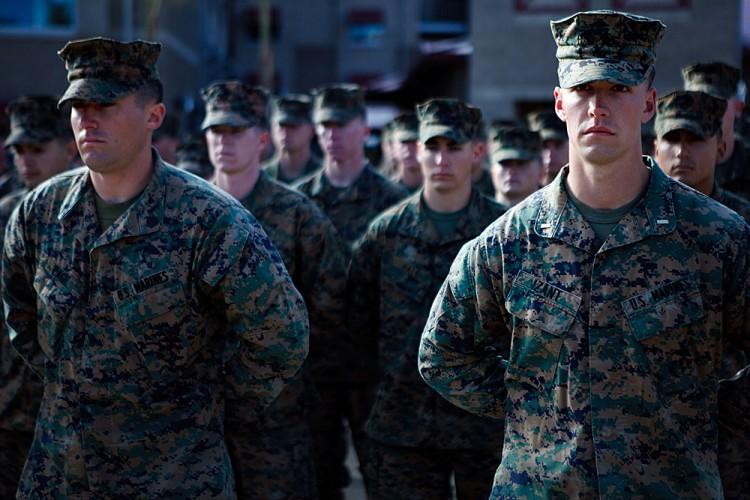The Pentagon will reduce the Army and Marine Corps, retire some programs, and delay others, but increase special operation forces as part of its 2013 defense budget request, Defense Secretary Leon Panetta said Thursday at a Pentagon news conference.
The proposal seeks to streamline the defense forces inline with projected 21st century security demands, while meeting calls for cut backs to defense spending, Panetta said.
“I believe we have developed a very complete package designed to achieve our strategic aims.”
The Army will be reduced by 70,000 to a force of 490,000 soldiers and the Marine Corps by 20,000 to 182,000 active-duty members, but the numbers were still higher than before 9/11, the secretary said.
In line with predicted security demands for the future, the number of special operations forces would increase, while a body of experienced reserves would be retained as the nation’s “hedge against the unexpected,” Panetta said.
The proposal contains some “risks” and had involved “a series of tough budget choices” but would ultimately reshape the military to be more mobile, quick, and flexible, the secretary said.
The budget will retain America’s military commitment to the Pacific region in the form of 11 aircraft carriers and 10 carrier air wings, the current Marine and Army posture remaining in the Asia-Pacific region along with bases of “littoral combat ships” in Singapore and Bahrain.






